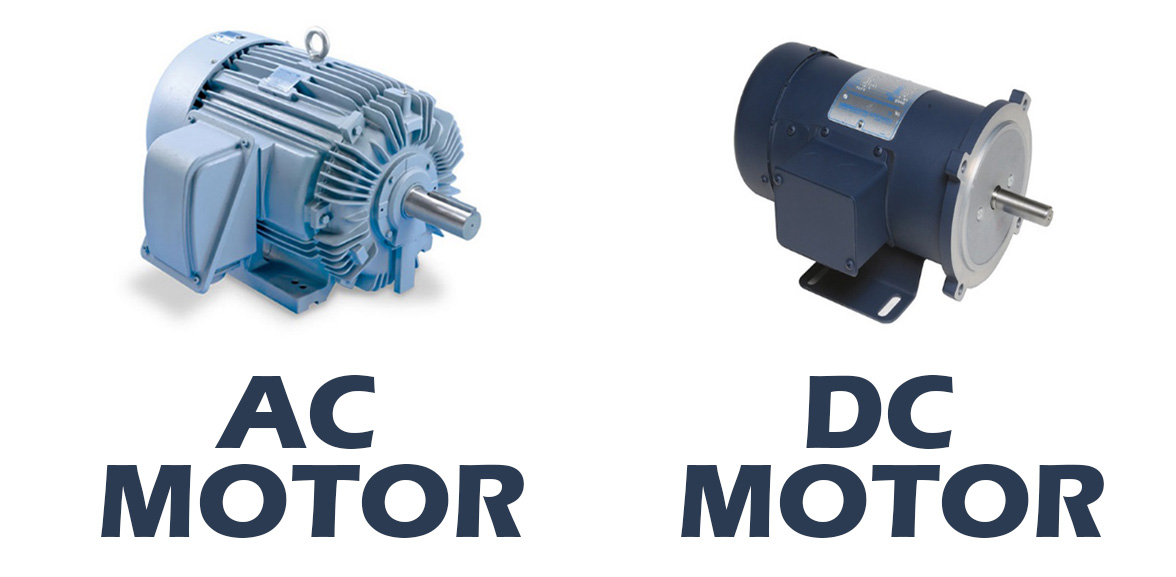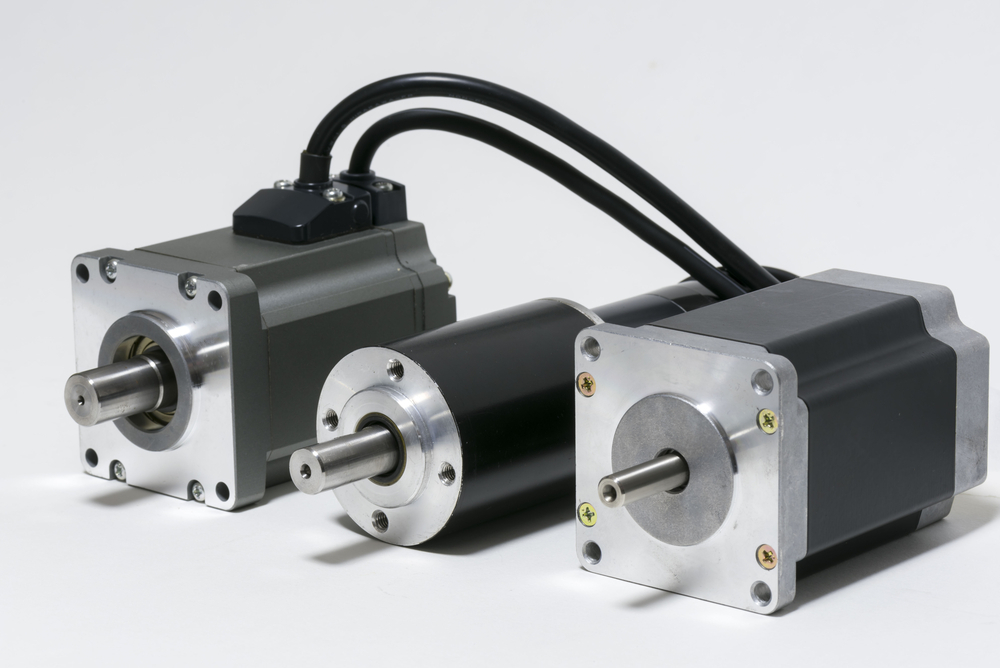
Motor controllers play a crucial role in regulating the speed, torque, and overall performance of electric motors. When comparing a DC motor controller and an AC motor controller, it is essential to understand their differences in terms of functionality, efficiency, cost, and applications. This article will provide a detailed comparison to help businesses and engineers choose the right controller for their specific needs.

1. Basic Principles of Operation
DC Motor Controller
A DC motor controller is used to regulate the power supplied to a direct current (DC) motor. It primarily works by adjusting the voltage and current to control the motor’s speed and torque. Common types of DC motor controllers include:
- PWM (Pulse Width Modulation) Controllers – These regulate speed by varying the duty cycle of the voltage applied to the motor.
- Linear Controllers – Less efficient but provide smooth control.
- H-Bridge Controllers – Used for bidirectional control of DC motors.
AC Motor Controller
An AC motor controller, also known as a variable frequency drive (VFD) or inverter, is designed to control the speed and torque of an alternating current (AC) motor by varying the frequency and voltage of the supplied power. Key types of AC motor controllers include:
- VFDs (Variable Frequency Drives) – Convert AC power to DC and then back to AC at a variable frequency.
- Soft Starters – Limit inrush current for smooth startup.
- Servo Drives – Provide precise motion control for AC servo motors.
2. Key Differences Between DC and AC Motor Controllers
| Feature | DC Motor Controller | AC Motor Controller |
|---|---|---|
| Power Source | Direct Current (DC) | Alternating Current (AC) |
| Control Method | Voltage & current control | Frequency & voltage control |
| Efficiency | Lower than AC controllers | Higher efficiency |
| Complexity | Simpler circuitry | More complex due to frequency control |
| Maintenance | Higher due to brushes in some motors | Lower due to brushless AC motors |
| Cost | Generally lower upfront | Higher initial investment |
| Speed Control | Easier and more precise | Requires advanced electronics |
| Application Suitability | Low-voltage applications | High-power industrial applications |
3. Applications of DC and AC Motor Controllers
Common Applications of DC Motor Controllers:
- Electric Vehicles (EVs) – Many early electric vehicles used DC motors due to their ease of speed control.
- Robotics – DC motors and controllers are commonly used in small robotic applications for precise movements.
- Conveyor Systems – DC motor controllers provide adjustable speed control for material handling.
- Portable Devices – Battery-powered applications such as power tools and electric scooters use DC controllers.
Common Applications of AC Motor Controllers:
- Industrial Machinery – Used in pumps, fans, compressors, and conveyor belts where precise speed control is needed.
- HVAC Systems – VFDs regulate airflow and improve energy efficiency in heating, ventilation, and air conditioning.
- Elevators and Cranes – AC motor controllers ensure smooth operation and variable speed control.
- Renewable Energy – Wind turbines and other renewable energy systems utilize AC motor controllers for efficiency optimization.
4. Choosing the Right Motor Controller
When selecting between a DC and an AC motor controller, consider the following factors:
- Power Requirements – AC motor controllers are ideal for high-power industrial applications, while DC controllers are suited for low-voltage systems.
- Control Precision – DC motor controllers offer finer speed control, but modern AC controllers with VFDs are closing the gap.
- Cost and Maintenance – While DC controllers are more affordable initially, AC motor controllers offer long-term savings due to lower maintenance.
- Application Needs – If your system requires smooth speed variation and high efficiency, an AC motor controller is preferable.
5. Conclusion
Both DC motor controllers and AC motor controllers have distinct advantages and applications. DC motor controllers excel in low-voltage applications requiring precise control, while AC motor controllers are more efficient and suitable for high-power industrial use. Understanding these differences helps engineers and businesses make informed decisions when designing and optimizing their motor-driven systems.
For industries looking to enhance their motor performance and efficiency, choosing the right motor controller is a critical step in achieving optimal results. If you need further guidance on selecting the best controller for your specific application, feel free to consult with a motor control expert or supplier.
https://www.spider-way.com/dc-motor-controller-vs-ac-motor-controller-key-differences-and-applications/?_unique_id=67e6def47b192
Comments
Post a Comment